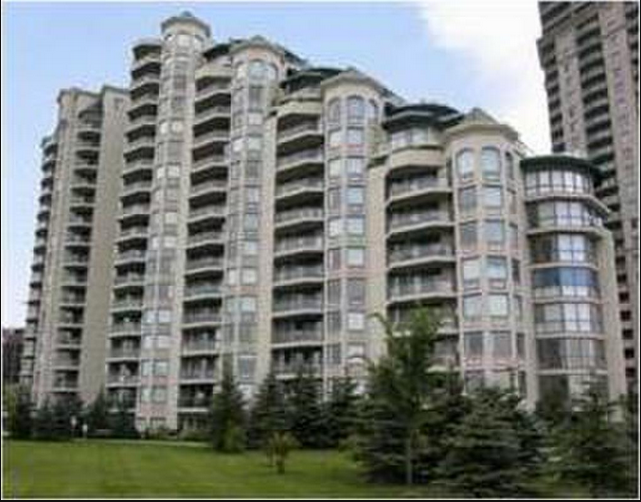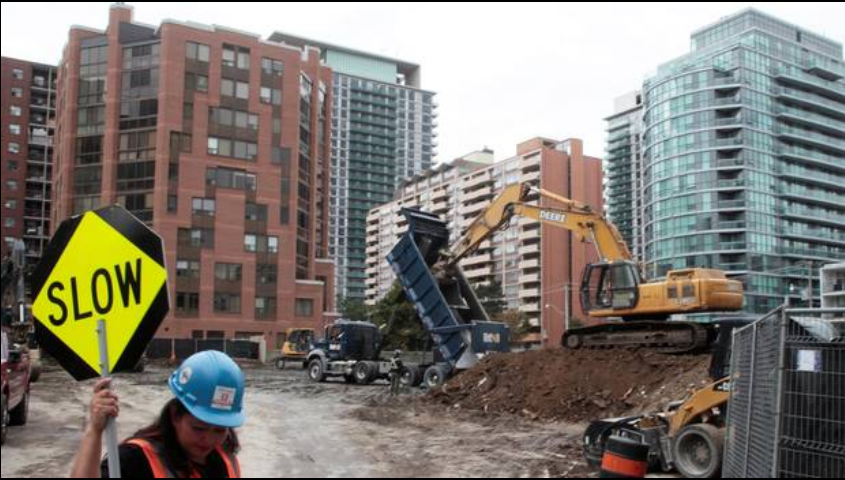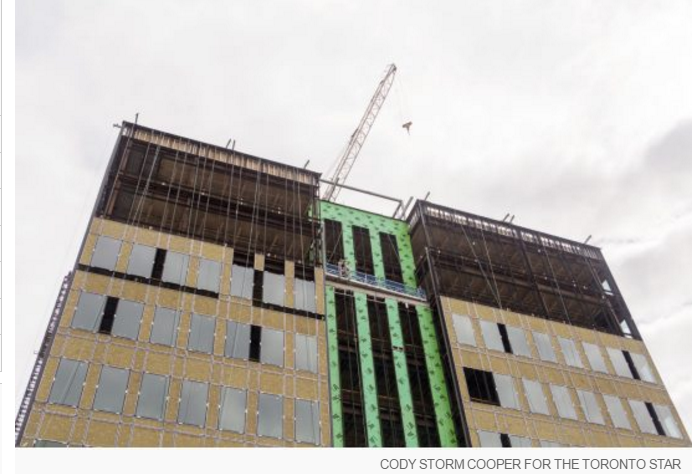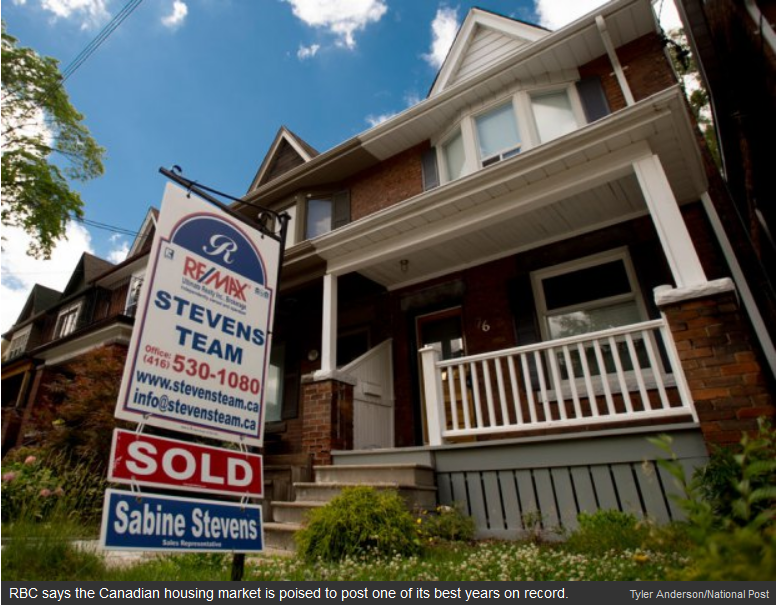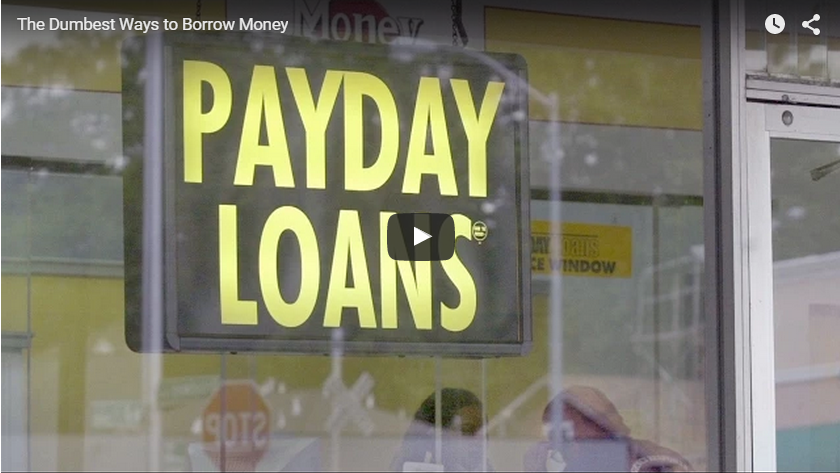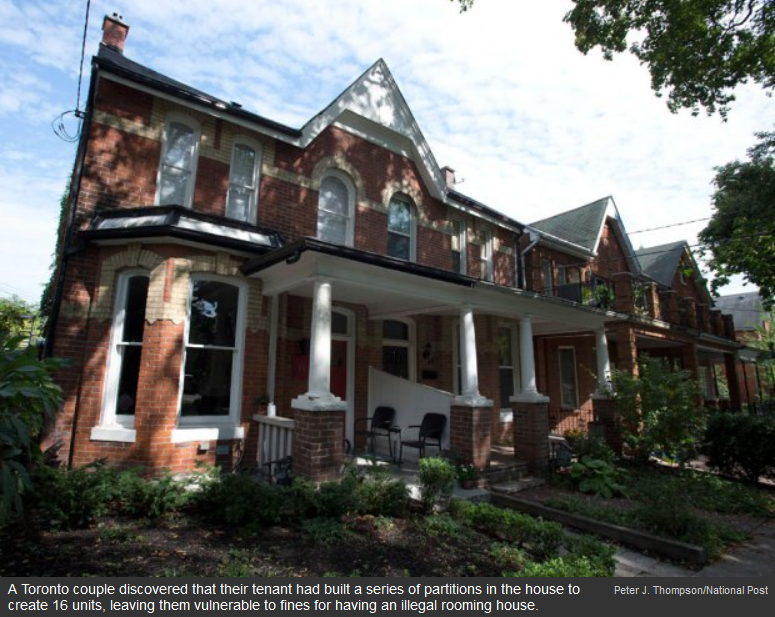
Property management is an expensive option used by some property investors to keep tabs on their real estate — something that seems all the more important in the wake of a story this month about a renegade tenant turning rental properties into illegal rooming houses.
In last weekend’s National Post, Sonia Verma wrote a first-person story about her experience renting out her Toronto home through a reputable real estate agent for $4,000 per month. She and her husband, fellow journalist Wilf Dinnik, had always had good luck with real estate, she wrote, and busy with all the activities of moving to a foreign country, she looked over the prospective tenant’s details and gave the green light.
“(We were) confident our real estate agency had done its job to vet him, we signed the lease with (him) and forged ahead with our new lives,” she wrote. “That was the day our luck ran out.”
The couple later discovered that their tenant had built a series of partitions in the house to create 16 units, leaving them vulnerable to fines for having an illegal rooming house.
Real estate developer Brad Lamb, who was also contacted by the tenant about renting one of his own properties, says about 99 per cent of people who lease will be problem free — but you have to keep your eye on the one per cent.
Hiring someone to handle your property and deal with everything from collecting rent to making repairs can easily cost you five per cent of your gross rent. In the case of students, Tek charges as much as 16 per cent for students renting a single house.
“I think people used to get away with managing (themselves). But today there is so much information out there that it’s better to get a property manager to deal with everything,” Tek says.
One of the problems for landlords in some provinces, including Ontario, is that you can’t ask for a security deposit for damages. You can ask for first and last month’s rent, but you can’t make it a requirement of signing — meaning you’re left holding the bag if repairs are needed.
Lamb says his own company has a list of demands all tenants have to meet in order to be approved as tenants. His system weeded out Verma’s tenant when he tried to rent out a house nine months ago.
“We get a credit report, we get a background check, two last landlord references, we get a letter of employment and pay stubs,” says Lamb, adding that his companies also demand social insurance numbers. “Is it possible someone could still sneak in? Yes, it’s possible. You meet people in person but humans can hide true intent. You see serial killers and you don’t know they’re serial killers.”
Today there is so much information out there that it’s better to get a property manager to deal with everything
Lamb says many real estate agents working in rentals are not that keen on the business because commission is usually just one month’s rent, split between the listing and selling agent. An agent on the renting side does not have much incentive to do the paper work needed to ensure the prospective tenant checks out.
Even if you use a company to find you a tenant, Lamb says you still need to manage the property in the future. If you are doing it on your own, that means actually going to the property and seeing it in person.
“We own a property management company and go in and inspect properties all the time,” he says.
Don Campbell, owner of the real estate investment network, says you can have a do-it-yourself approach to property management but regular inspections are very important even if you have a property management company.
“I know people who haven’t gone into their properties in four or five years,” he says. “That’s just crazy. If you own something worth a $1 million, you have a sense about its value and whether it’s being retained. In the real estate world, it’s like people abdicate responsibility.”
He says even if you choose a property management company, you need to be as careful as you would be choosing a tenant. “Don’t just pick someone out of the Yellow Pages.”
Campbell says a major problem today is renters are now subleasing their properties on sites like Airbnb.
“It’s great (for renters) because it pays well but they’re doing it with zero background checks and saying ‘here’s the key,’ ” he says, adding that almost all leases have a clause that specifically disallows subleasing without approval of the landlord.
Read the full post in National Post

